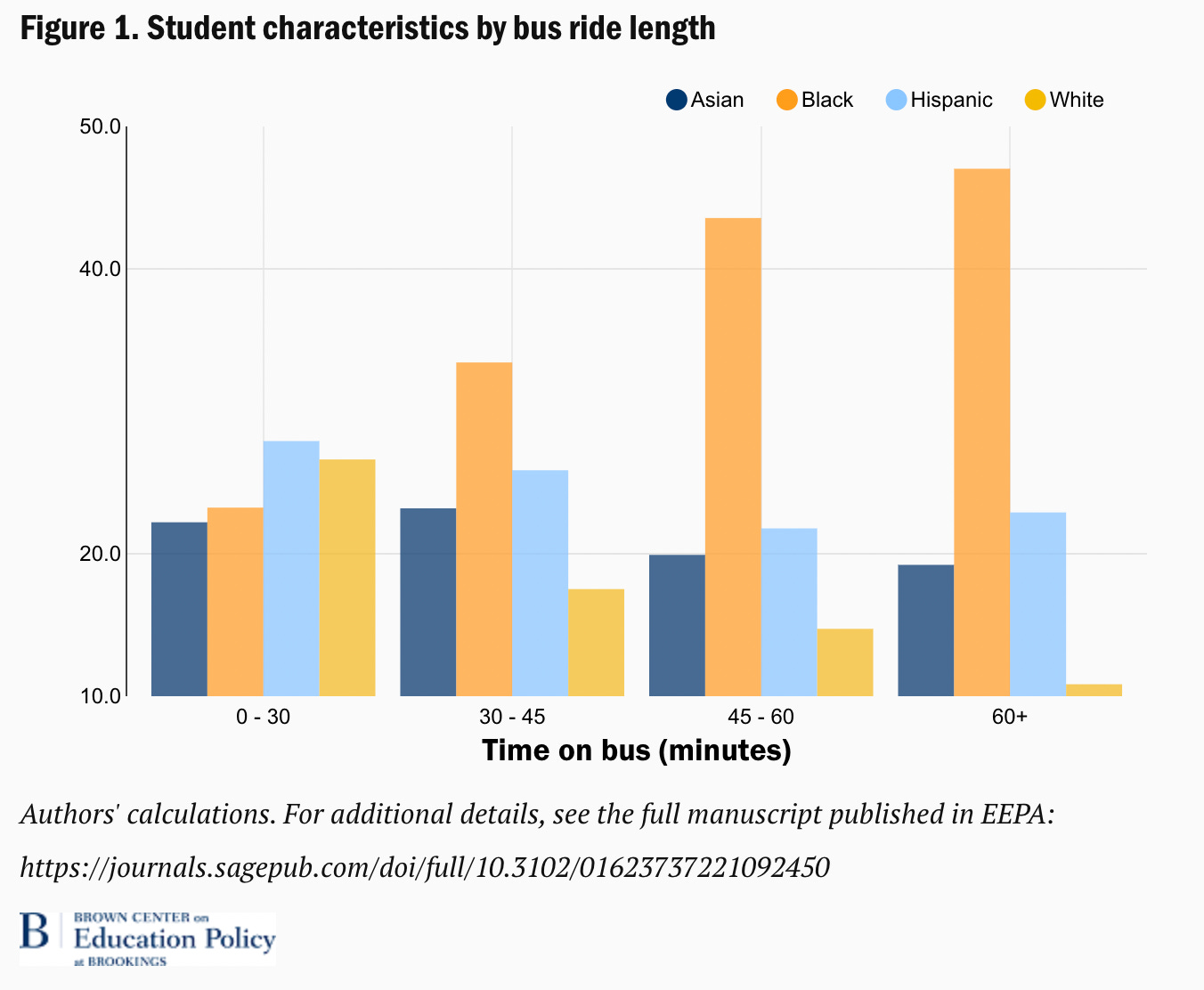THE WEEKS AHEAD
June 28, 2022 (1:00 PM EST), Edunomics is hosting a webinar for folks to learn more about “The Calculator” and how district and state leaders can use it to consider current and future investments to address the impacts of lost learning time–before relief funds run out. Register here.
June 29, 2022 (1:00 PM EST), Knowledge Works is hosting a webinar on this year’s legislative trends for personalized learning policies. Register here.
On July 6, 2022 (3:00 PM EST), New America and MDRC are hosting a webinar about improving early learning assessments for dual language learners. Register here.
FEDERAL EDUCATION POLICY
Advocates are calling on USED to collect students’ sexual orientation and gender identity information using the National Assessment of Educational Progress [The74].
The Supreme Court protects public funds for religious schools [U.S. News].
A group of bipartisan, bicameral congressmen and women released a bill to continue the pandemic nutrition waivers set to expire this week [K-12 Dive].
The Biden administration proposed updated Title IX rules and regulations that will roll back parts of the Trump administration policies and protect the rights of transgender students. After the U.S. Department of Education publishes changes in the federal register, the public will have 60 days to file comments [USED].
STATE EDUCATION POLICY
Eighty-two percent of respondents in a new survey would “vote for someone outside their party if the candidate’s education agenda matched their own” [The74].
According to a new and divided Supreme Court ruling, Maine cannot exclude religious schools from tuition aid programs [A.P.].
STUDENT WELL-BEING
Researchers offer a straightforward plan for addressing young children’s social and emotional development [Brookings].
Daliwal and De Gregorio analyzed students identified as homeless and the extent to which school-based resources mitigated negative impacts [Brookings].
Two professors reinforce the message that the pandemic took a severe and long-lasting toll on students, families, and our systems [The Atlantic].
“Neither the Great Depression nor even the two World Wars imposed anything close to as drastic a change in how America’s schoolchildren spent their days.”
STUDENT ACHIEVEMENT
Bubrio has school opening dates for 80% of U.S. students [Burbio].
Inconsistency in tutoring options is frustrating for L.A. Unified School District parents [EdSource].
Scottsdale Unified School district is offering students free tutoring [Arizona].
Under a new Missouri law, students scoring a three or above on an A.P. exam will earn in-state college credit [MO].
St. Paul Public Schools struggles to connect strategic efforts to student outcomes [M.N.].
New Hampshire House Bill 1513 will provide students with disabilities an additional year to graduate high school and lengthen special education services [N.H.].
A new study indicates that long bus rides disproportionately influence Black students and students exercising school choice [Brookings].
EDUCATION FINANCE
A new calculator will help districts and community members identify the amount of learning loss in their schools, the needed funds to address this, and available funds via #ARP dollars [Edunomics].
This Wall Street Journal article makes the case that funding students, not schools, would improve their children’s education and reduce poverty [WSJ].
“The Census Bureau reports inflation-adjusted spending in K-12 education has tripled since 1970 to a record $751.7 billion. Yet barely a third of all fourth-graders across U.S. urban communities can read or do math at grade level.”
ASSESSMENT AND ACCOUNTABILITY
A new Arizona Senate bill requires schools with a “D” or “F” on their state report card to create improvement plans. The accountability measure comes with $58 million, distributed at $150 per student for improvement plan implementation [A.P.]
Laura Slover and Michael Cohen released an essay with FutureEd on the future of standards-based reform in recovery [FutureEd].
ICYMI
➡️ Subscribe to CCSSOs Coalition to Advance Future Student Success Newsletter to learn more about how they address top educational challenges using their 10-point framework [CCSSO].
Dr. Christine M. T. Pitts serves as Director of Impact and Communications at the Center on Reinventing Public Education, overseeing policy leadership and external affairs. A former teacher and administrator, she previously led research and evaluation for Portland Public Scho as a former teacher and administrator. She also served as Policy Advisor at NWEA, overseeing state and federal policy to advance equity and innovation in educational assessment. Follow her on Twitter and Instagram @cmtpitts.










